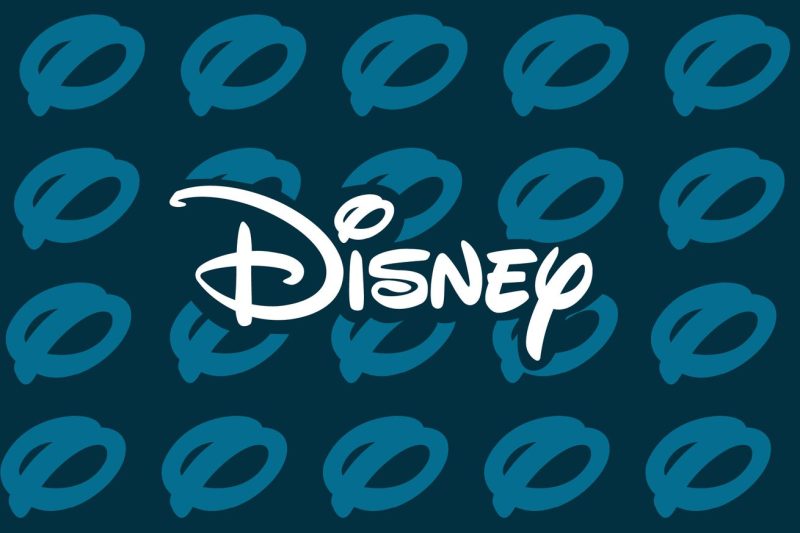In a recent turn of events, Disney has made the decision to block major channels, including ESPN, ABC, and others, for millions of DirecTV subscribers. This move has sparked outrage among consumers, as many are left without access to some of their favorite programs and sporting events.
DirecTV, a popular satellite television provider, is owned by AT&T and has a significant subscriber base across the United States. The decision to block these channels comes as a result of a dispute between Disney and AT&T over carriage fees. Carriage fees are the fees that a distributor, such as AT&T, pays to broadcast content from a content provider, such as Disney.
The blackout of channels has left many sports fans in the dark, as ESPN is a major provider of live sports coverage. With popular events such as NBA games, college football, and other sporting events now unavailable to DirecTV subscribers, many are left scrambling to find alternative ways to watch their favorite teams in action.
In addition to sports coverage, ABC, a major broadcast network owned by Disney, is also blocked for DirecTV subscribers. This means that consumers are missing out on popular shows such as Grey’s Anatomy, The Bachelor, and others. For many viewers, these shows are a staple of their television lineup, and the blackout has disrupted their viewing habits.
The blackout of channels is not just a nuisance for consumers; it also has financial implications for both Disney and AT&T. With subscribers unable to access these popular channels, both companies stand to lose out on ad revenue and potential new subscribers. The longer the blackout persists, the greater the impact will be on both companies’ bottom lines.
As negotiations between Disney and AT&T continue, many DirecTV subscribers are left frustrated and uncertain about when they will regain access to the blocked channels. In the meantime, some consumers are exploring other options, such as streaming services or switching to a different television provider.
Ultimately, the blackout of ESPN, ABC, and other channels for millions of DirecTV subscribers highlights the challenges that arise when content providers and distributors cannot reach a mutually beneficial agreement. As consumers seek ways to access their favorite programs and sporting events, the pressure is on Disney and AT&T to resolve their differences and restore normal service for subscribers. Until then, many viewers are left with limited options and a sense of frustration over the situation.
